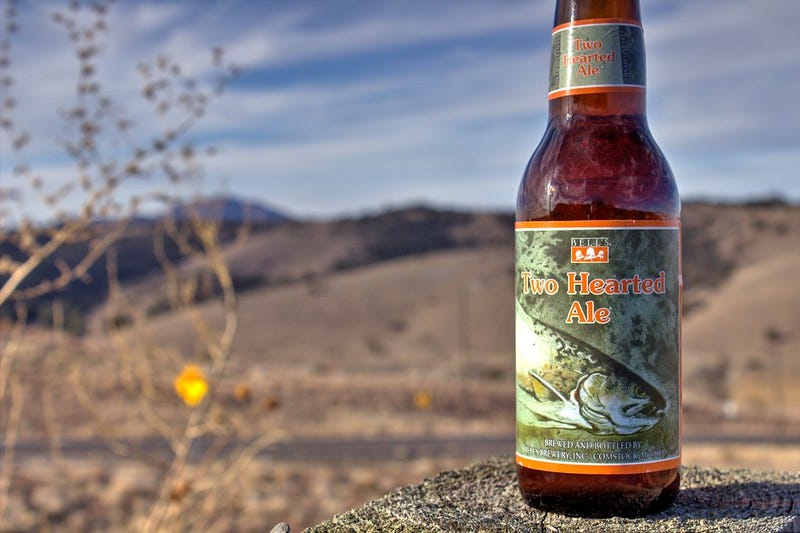The end of craft brewing's "movement" moment
Plus: Cacti liability considerations and notes on the Barstool beverage connection

The year was 2011 when a Midwestern craft brewing pioneer sold out to a massive multinational macrobrewer. Wails went up from America’s craft-brewing Davids worried that Big Beer Goliaths were trying to buy the movement they hadn’t managed to clone or crush.
Goose Island’s momentous sale to Anheuser-Busch InBev a decade ago was a turning point that defined the American craft brewing industry and touched off a parade of corporate acquisitions. Last week, we reached another.
The year is 2021. A Midwestern craft brewing pioneer, Bell’s Brewing, has sold out to a massive multinational macrobrewer, Japan’s Kirin Company, and… no one seems to care all that much. There is no gnashing of teeth, no chorus of craft brewers braying Chicken Little prophecies of corporate conquest. It’s mostly quiet on the neckbeard front, and the American drinking public has long since moved on. Times are a-changin’ in the craft beer business, dear reader. Or rather: they already have.
Remember early last decade? Selling out was anathema, and the U.S. craft brewing “movement” looked unstoppable. Now it’s starting to look insolvent. Sales are slowing; reports of workplace discrimination are up; a generation of new drinkers are reaching for hard seltzer and canned cocktails to power the party. In a 10 mere years, craft brewing’s rock-ribbed corporate antagonism has given way to self-imposed purity tests and fading relevance. In the same time, its product has morphed from zeitgeist-y leader to cheugy afterthought. Craft beer remains a product with a value proposition. But make no mistake: a dark night of the soul has fallen on its anti-commodity, independence-over-everything cultural dogma.
Maybe Larry Bell saw light at the end of the tunnel. The sale of Kalamazoo, Michigan’s Bell’s Brewing to Australia’s Lion Little World, a Kirin subsidiary, makes all sorts of sense. At 63, its namesake head honcho goes out on top after 38 years at the helm, hopefully with a fat check to underwrite his well-earned retirement. (Terms of the deal were not disclosed, but at the time of sale, Larry and his daughter were the brewery’s only two shareholders.) Lion and its Kirin overlords get a widely respected, well-established foothold in the heavy-drinking American Midwest with oodles of volume and recently upgraded production facilities. New Belgium Brewery, which itself was acquired by Lion in 2019, gets another partner-in-crime in the parent company’s U.S. portfolio.
“This is a rational, mature adult decision,” Bell said. Save for some sparse grumbling on Beer Twitter, it’s mostly been received as such by Bell’s many fans—to the extent that they’ve heard at all, or would if they had.




